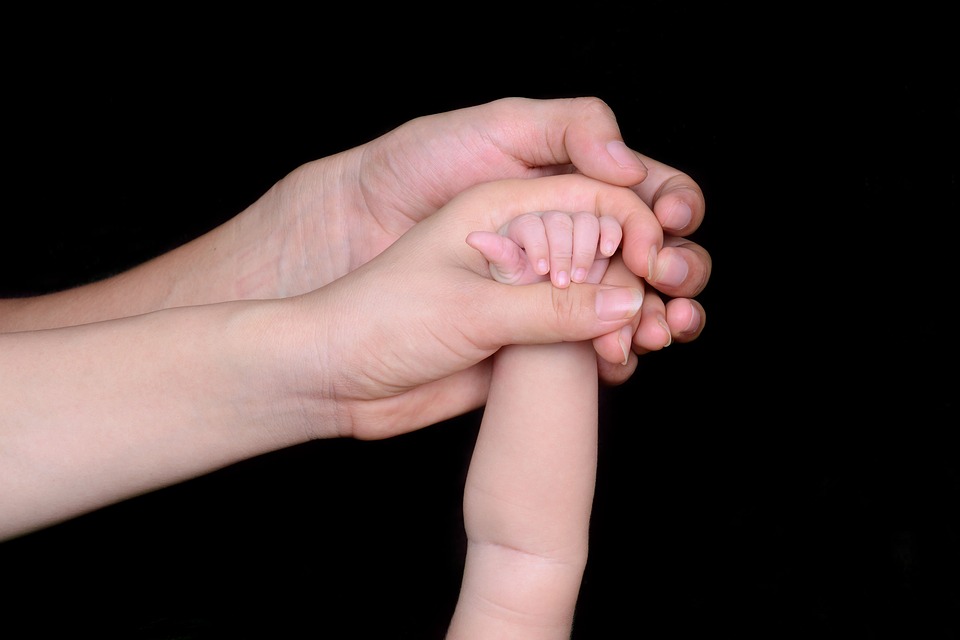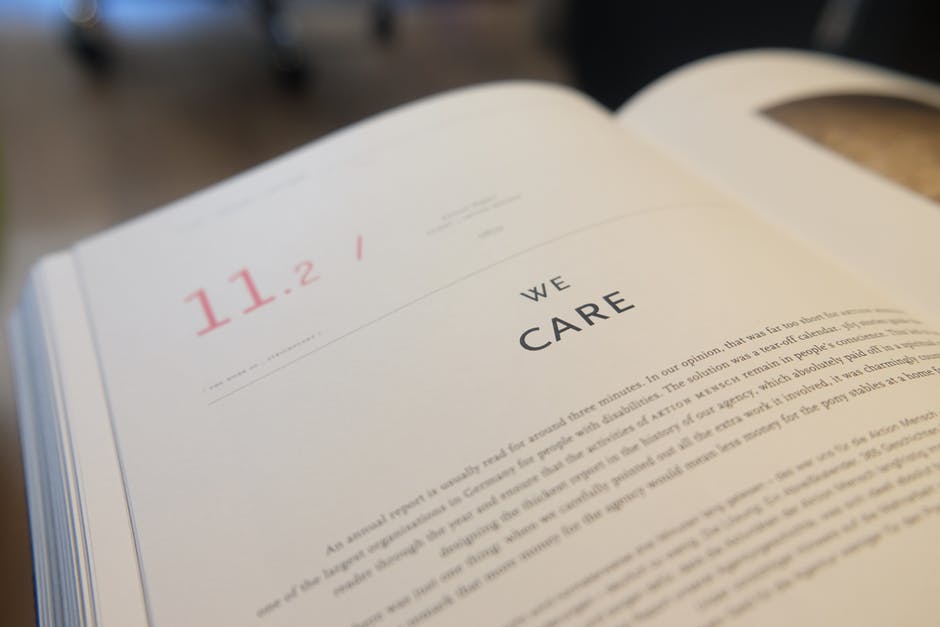10 Ways to Be There For Your Child Going Through Divorce

Pam from The Office says, “When you’re a kid, you assume your parents are soul mates.” Except statistics is the bearer of bad news when reality doesn’t match up to that belief. Divorce rates are on the rise with communication problems being the leading cause of disintegrating marriages. On the surface, marriage acts as a safety net to encompass two people who promise to be there for one another, but you can’t stop the collapsing, hurting, or the fights at 2 A.M. in the morning when you and your partner don’t understand each other.
A constant struggle for power and to be heard, only now you don’t see the point in holding on anymore. So, you finally sign the papers and call it quits. You’re free now, right? So, why does your heart still feel underwater? Because your child —the last person you ever wanted to let down —has to live with the loss of your failures. Psych2Go shares with you 10 ways to be there for your child going through a divorce:

1. If possible, try to have both parents present to break the news.
It’s not going to be an easy discussion, but that’s why it’s important for the whole family to be together for this heartbreaking moment that maps out the beginning of a long, arduous journey. Trust would be broken if one parent is less active than the other and in tough times like this, your child needs to hear the truth from the both of you. Otherwise, it’s hard for them to turn to you for help if you can’t step up to the plate and admit the reality of a decision made that will affect their life forever.
Parents and kids won’t always agree on things, but that doesn’t stop them from loving each other. Let your child know that. They might think it’s their fault and start blaming themselves. Assure them that the divorce wasn’t caused by them. If your child is much younger, you don’t have to go into too much detail about the divorce. You can keep your statements simple by saying something along the lines of, “Mom and Dad will be living in different homes to fight less, but we love you very much.” If your child is a teenager or older, they have picked up more on what has been going on and may bring up concerns they have. Listen to what they have to say and don’t shun them out if you disagree with the observations they report to you.

2. Be prepared to answer the difficult questions.
Questions that will arise are:
- Who will I live with?
- Where will I go to school?
- Will I move?
- Where will each parent live?
- Where will we spend holidays?
- Will I still see my friends?
Be as honest as possible when you answer your child’s questions. Although you might not know how to answer every single one of them, withholding information from them will only cause more hurt and confusion in the long run. The more upfront you are about what you know in terms of the situation, the sooner your child can make sense of it and allow the healing process to begin.
Don’t ever feel as if you have to beat around the bush, thinking that it’ll help protect your child from hurting even more. The truth is that your child is already hurting. You can’t stop anyone from breaking, no matter how much you want to.
3. Help your child put their feelings into words.
Perhaps your child is in shock and they don’t even know where to begin as they try to express the amount of pain, anger, or confusion that they feel. It’s going to be hard for you to hear what they have to say, but don’t let that fear stop you from helping them communicate. Try to read between the lines of their behavior and ask them what part of the situation upsets them the most.

4. Let your child know that their feelings are valid.
Your child can’t start healing from the divorce until they let all of their feelings out. To deny or dismiss any anger or sadness that your child is experiencing will not only cause them to resent the situation even more, but they will begin to pull away from you, too. Don’t let your child feel betrayed. Instead, be understanding and let them know that it’s okay to be upset.

5. Offer support to your child.
Ask for feedback. No matter how much you think you may know your child, you’re not a mind reader. Ask them what they think will help them get better. If they are unsure, provide some suggestions, such as going for a walk, watching a movie, or holding their favorite stuffed animal. This lets your child know that they have the options and freedom to do what is best for recovering from the loss that they’re experiencing.

6. Seek support from others for you and for your child.
No one should have to go through a divorce alone. This is the time to seek support from others, such as people who have gone through the same thing, a family and marriage therapist, or religious leaders who may offer more helpful sources. If your child is older, they might try to comfort you by being the person you can lean on.
Although it seems tempting, don’t let them play that role. Your child should never be burdened with the responsibility of being the provider of your emotional support. Seeking help from others sets a good example and lets your child know that they aren’t alone.

7. Keep you and your child healthy.
Divorce is stressful and stress brings the worst out of people. Find ways to manage and cope with it. Allow opportunities for your child to do the same. Make sure they are still getting proper nutrition, exercising, and getting out of the house for fresh air.

8. Sustain consistency in routines as much as possible.
Establishing consistency on a daily basis acts as the foundation for familiarity. Your child will feel less anxious if their life feels less interrupted. To sustain that sense of comfort and familiarity, try to minimize as many unpredictable schedules or abruptions as much as possible. You can do this by making sure that your child goes to bed on time every night and setting the same expectations you’ve always had for them.

9. Monitor and keep your details in check.
Discuss details about the divorce with your lawyer. Be sure to also keep in touch with your family and update them about the situation. Try not to resort to name-calling or blaming when you see your ex while your child is in close proximity. Your child will be curious, but try to work out the details by taking care of letters, emails, and phone calls in a secure location that ensures some privacy.

10. Regardless of who your child lives with, always put them first.
One day, your child is going to grow up and forgive you for not being perfect. They will understand when they go through their first fight in a relationship. But in the meantime, put your child first. Know that it’s going to take time for your child to adjust to their new living arrangements. It’s important to be patient, understanding, and accommodating to the needs and concerns they have. Together, you can overcome the divorce, but you have to establish trust and closeness more than anything if you want your child to get better.
What are your experiences in going through a divorce? Do you find these tips helpful? Psych2Go would love to hear your thoughts! Leave a comment down below!
References:
Chirban, J. (2017, July 4). Saving Your Children from Becoming a Statistic of Divorce. Psychology Today. Retrieved October 11, 2017.
Help Your Child Through a Divorce. (2017). Retrieved October 11, 2017, from kidshealth.org
Liberstein, P. (2017). Season 5 – Episode 13 “Stress Relief”. Retrieved October 11, 2017, from officequotes.net
Payne, L., Olver, K., & Roth, D. (2015, September 16). The 10 Most Common Reasons People Get Divorced. The Huffington Post. Retrieved October 11, 2017.



Responses